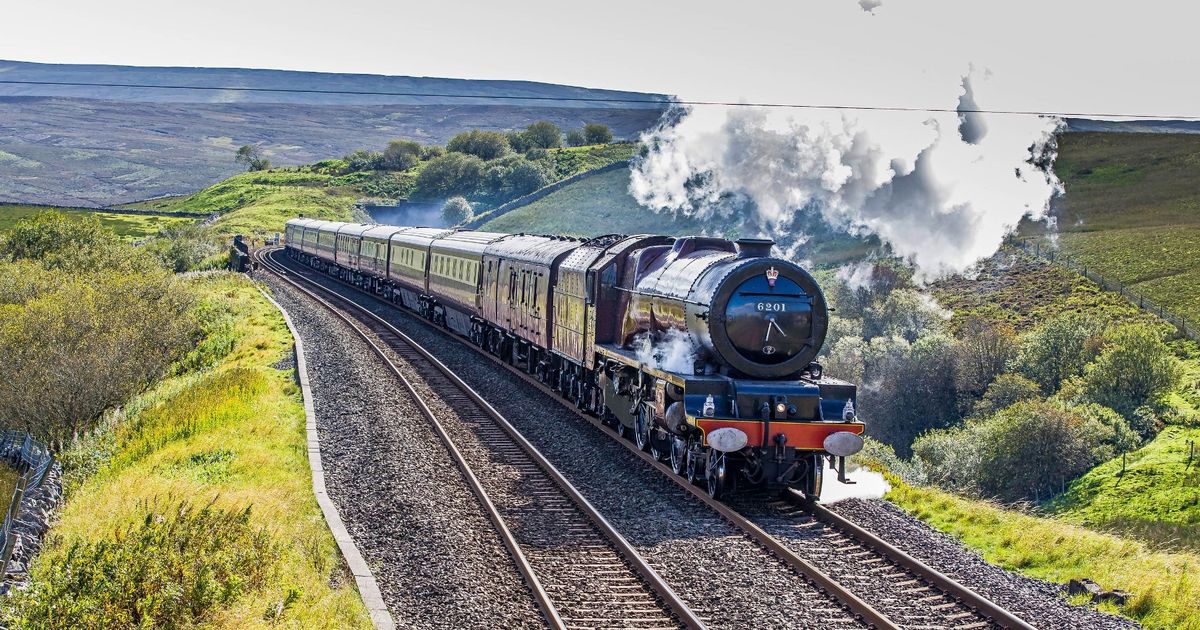RENFE, the Spanish national railway company, once stole my girlfriend’s father. There were four of us, returning by train from Santiago de Compostela to Bilbao, after completing a long distance walk across northern Spain. What we had failed to understand was that only part of the train was going to Bilbao. Several carriages, including the restaurant car, were detached en route and carted off to San Sebastian, some fifty miles to the east of Bilbao. At the critical moment, my then-girlfriend and I were in our reserved seats, while her father and the fourth member of our party had left us to guard the luggage as they tucked into some splendid Iberian cuisine in the restaurant car. You can guess what happened next. Hilarity, as they say, ensued.
That unfortunate but in retrospect endlessly amusing incident remains my only direct experience of Spain’s rail network. However, I may soon be tempted back. The Spanish government has announced that for the last third of this year most rail travel on the RENFE network will be free of charge. Only the longest intercity routes, above 300km, will not be included in the scheme. In British terms this would mean free travel from London as far as Exeter, Swansea, Liverpool and York, or from Edinburgh and Glasgow to almost anywhere in Scotland. Similar, albeit less ambitious, policies have been rolled out in Germany and Austria, as European governments look for ways to cushion the blow of inflation and higher energy bills.
The thinktankers and the analysts are already arguing about the feasibility of the notion, with the debate breaking down along fairly predictable partisan lines. But regardless of whether free train travel is an outbreak of unsustainable wild-eyed communist nonsense or an example of brave pro-social government action in the face of capitalist crisis (delete as applicable), as an ideal it does offer a glimpse of what a more civilised transport future might look like. If we took the same approach, railway usage would almost certainly increase sharply, and with it demand for railways in areas that are currently poorly served by them.
This could mean the re-opening of lines closed over the course of the twentieth century, or even the creation of brand new lines and new stations, to serve new towns, or those that have expanded greatly since Beeching and his predecessors wielded their axes so brutally. As more people travelled by train, fewer people would use the roads, with all the attendant environmental and health benefits. Indeed, such a radical alteration in comparative transport costs could encourage more people to forsake the mechanical Jacobin altogether, surely a consummation devoutly to be wished.
Quite apart from anything else, railways are just better than the alternatives. Beautifully and easily integrated with the landscape, with time and space to reflect as the world rushes by. Going by train means that you can start a novel or a love affair, or both, on the way. If we are going to massively subsidise any form of transport — and we spend tens of billions on cars and lorries, and on their various externalities — then there is much to be said for the iron road.











Join the discussion
Join like minded readers that support our journalism by becoming a paid subscriber
To join the discussion in the comments, become a paid subscriber.
Join like minded readers that support our journalism, read unlimited articles and enjoy other subscriber-only benefits.
Subscribe